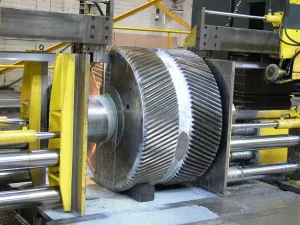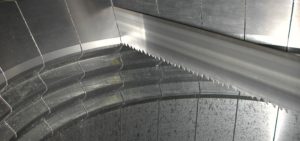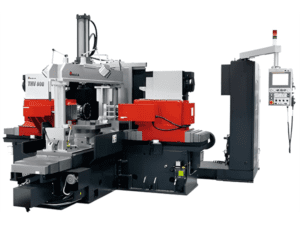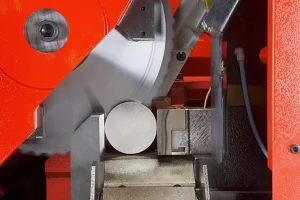Why Precision Cutting Matters in the Engineering and Manufacturing Industries
In today’s engineering and manufacturing industries, precision is not just a buzzword; it’s a necessity. With increasingly complex products and a global market that demands exacting standards, precision cutting is vital to ensuring components fit together seamlessly, minimising waste and maximising efficiency. But why exactly does precision matter so much? In this blog, we’ll delve into the importance of precision cutting, its impact on quality and cost, and how it shapes modern manufacturing.
Ensuring Seamless Assembly
One of the primary reasons for precision cutting is to guarantee that individual parts fit together perfectly in the final product. Whether it’s a large piece of machinery, a vehicle, or a tiny component in electronics, each piece needs to be cut to exact specifications. This meticulous approach not only reduces the risk of assembly errors but also minimises the time spent on adjustments during production.
Improving Product Quality and Performance
High precision cutting leads to higher quality outcomes. Components that are accurately cut are less prone to mechanical failures, ensuring better product longevity and performance. For example, in the aerospace and automotive industries, even the smallest inaccuracies can lead to significant performance issues, putting lives at risk. Precision cutting, therefore, becomes a non-negotiable aspect of quality assurance in such sectors.
Minimising Waste and Maximising Efficiency
Precision cutting helps in significantly reducing material waste, which in turn brings down production costs. By accurately planning each cut, manufacturers can utilise materials more efficiently, ensuring that only the necessary amount of material is used. This practice not only saves costs but also aligns with sustainability goals, as it reduces the amount of scrap metal and other materials wasted.
Meeting Industry Standards and Compliance
Many industries are governed by stringent standards and regulations, especially in sectors like aerospace, medical devices, and defence. Precision cutting helps manufacturers meet these standards consistently. By maintaining tight tolerances and accurate dimensions, companies can ensure their products comply with industry standards, avoid costly recalls, and maintain a strong reputation in their field.
In short, precision cutting plays an essential role in the quality, cost-effectiveness, and compliance of modern manufacturing. Investing in precision cutting technologies and skilled operators can transform production processes, giving companies a competitive edge in an increasingly demanding marketplace.





